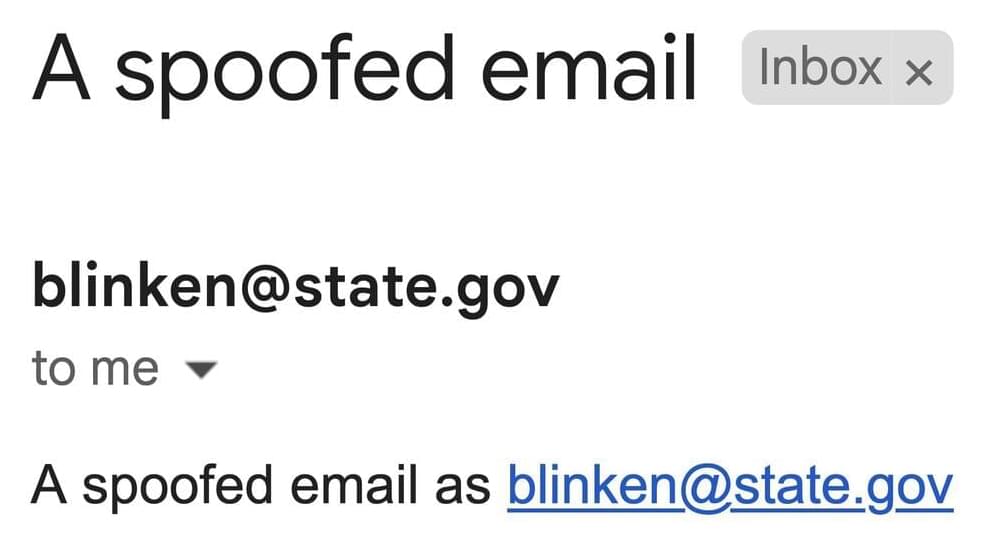Schmidt has become an indispensable adviser to government, even as some of his investments have won federal contracts.
Eric Schmidt isn’t shy about his wealth and power: The former Google CEO recently won an auction for a superyacht seized from a Russian oligarch, he owns a big stake in a secretive and successful hedge fund and he spent $15 million for the Manhattan penthouse featured in Oliver Stone’s sequel to Wall Street.
He has also leveraged his $27 billion fortune to build a powerful influence machine in Washington that’s allowed him to shape public policy to reflect his worldview and benefit the industries in which he’s deeply invested — most recently, artificial intelligence. When senators meet next week to hear from tech executives and experts about how AI should be regulated, Schmidt will be at the table.






